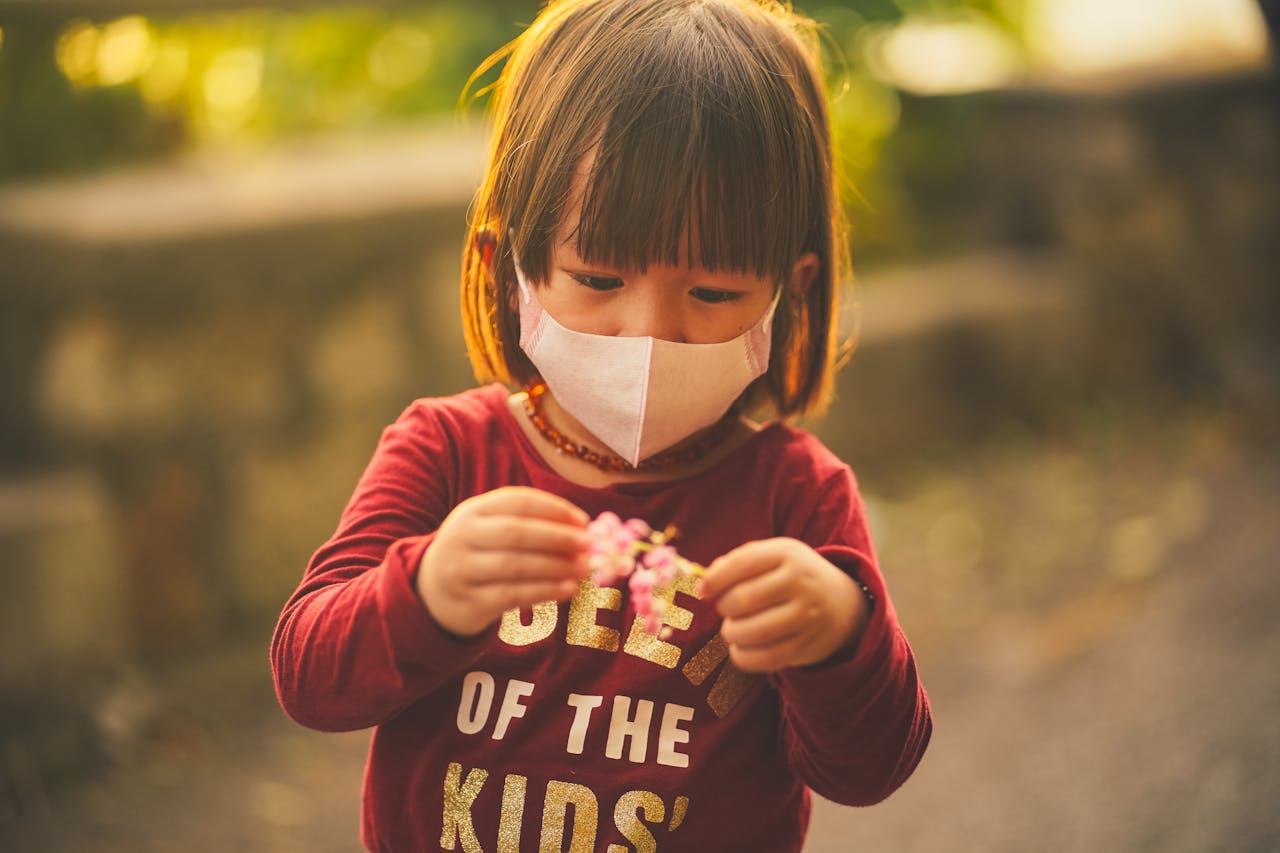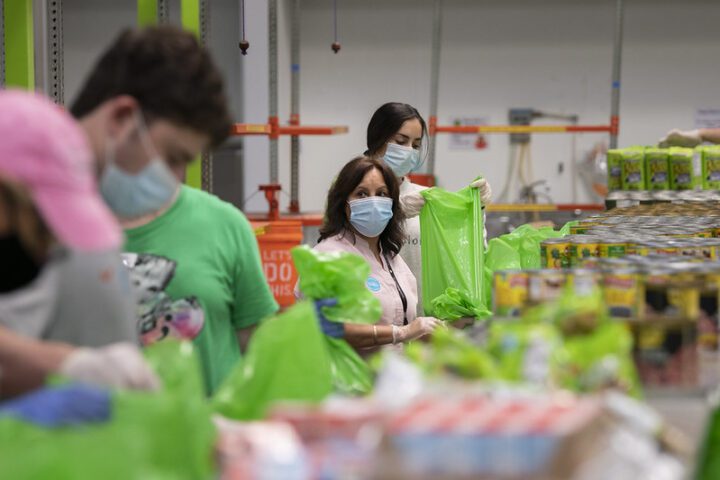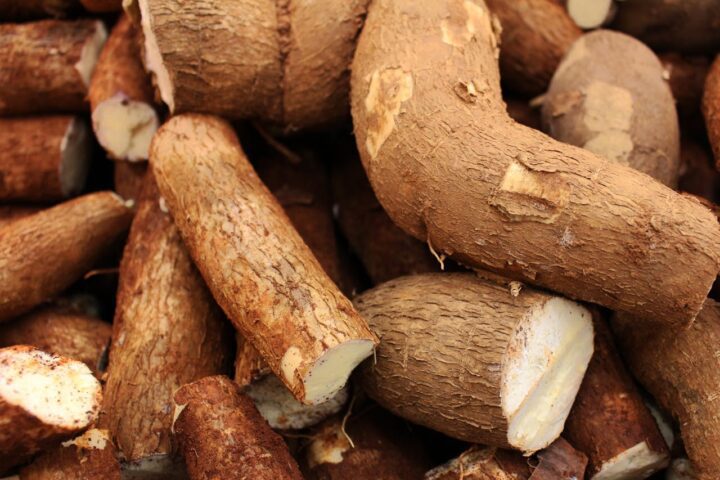China is seeing more cases of a respiratory illness called Human Metapneumovirus (HMPV), which is mainly affecting children. While this is normal for winter, many people are concerned about its spread.
What is HMPV?
HMPV isn’t a new virus as scientists first discovered it in 2001. It’s from the same virus family as RSV (respiratory syncytial virus) and can cause cold-like symptoms, which sometimes can become serious.
“HMPV is a serious concern especially for very young infants in the first year of life,” says Andrew Easton, a virus expert from the University of Warwick. In the United States, about 20,000 children under 5 end up in hospitals each year because of HMPV.
Signs of HMPV
You can catch HMPV when someone with the virus coughs or sneezes near you. You can also get it by touching surfaces with the virus and then touching your face. Common signs include:
- Coughing
- Fever
- Stuffy nose
- Trouble breathing
Most people get mild symptoms. However, young children, older adults, and people with weak immune systems can get severely affected by the virus as they might develop bronchitis or pneumonia.
What’s Happening in China
Chinese hospitals are seeing more HMPV cases this winter, especially in the north. Photos show people wearing masks in hospitals. But Chinese officials say there’s no need to worry.
“Respiratory infections tend to peak during the winter season,” says Mao Ning, who speaks for China’s government. “The diseases appear to be less severe and spread on a smaller scale compared with the previous year.”
How Other Countries Are Responding
Neighbouring countries are closely monitoring the situation. Hong Kong has found some cases, whereas Cambodia and Taiwan are warning people about the virus.
Indian health expert Dr. Atul Goel says there’s no need to panic. “This virus is like other breathing viruses that cause common colds,” he explains. He adds that India hasn’t seen more cases than usual in 2024.
How to Protect Yourself
There’s no vaccine or specific medicine for HMPV yet. Doctors focus on helping with symptoms. But you can protect yourself by:
- Washing hands well with soap and water for 20 seconds
- Not touching your face with unwashed hands
- Staying away from sick people
- Covering your mouth when coughing
- Staying home when sick
- Not sharing cups or eating tools
Dr. Arjun Dang says PCR testing is the ultimate option for detecting HMPV infections.
Similar Posts
What’s Being Done
HMPV usually spreads more in winter and early spring. Health organizations around the world are watching it closely. The World Health Organization hasn’t called this a global emergency. China is keeping track of unusual pneumonia cases through a new program.
Health experts say we should be careful but not panic. Using basic health safety steps and seeing a doctor when needed are the best ways to deal with this seasonal virus.


















